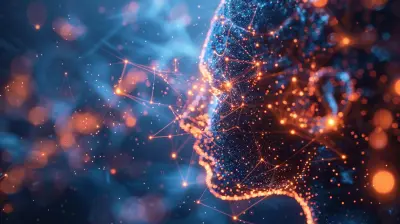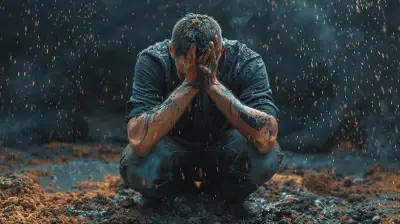The Impact of Childhood Trauma on Mental Health Development
11 May 2025
Childhood is supposed to be a time of joy, growth, and innocence. But for far too many, it's a battlefield where trauma leaves its scars. The effects of childhood trauma don’t just disappear with time—they shape who we become, often in ways we don’t fully understand. It’s like planting a tree in poisoned soil; no matter how much sunlight or water you give it later, the roots have already absorbed the toxins.
So, how does childhood trauma affect mental health development? And what can be done to heal those deep-seated wounds? Let’s dive in.
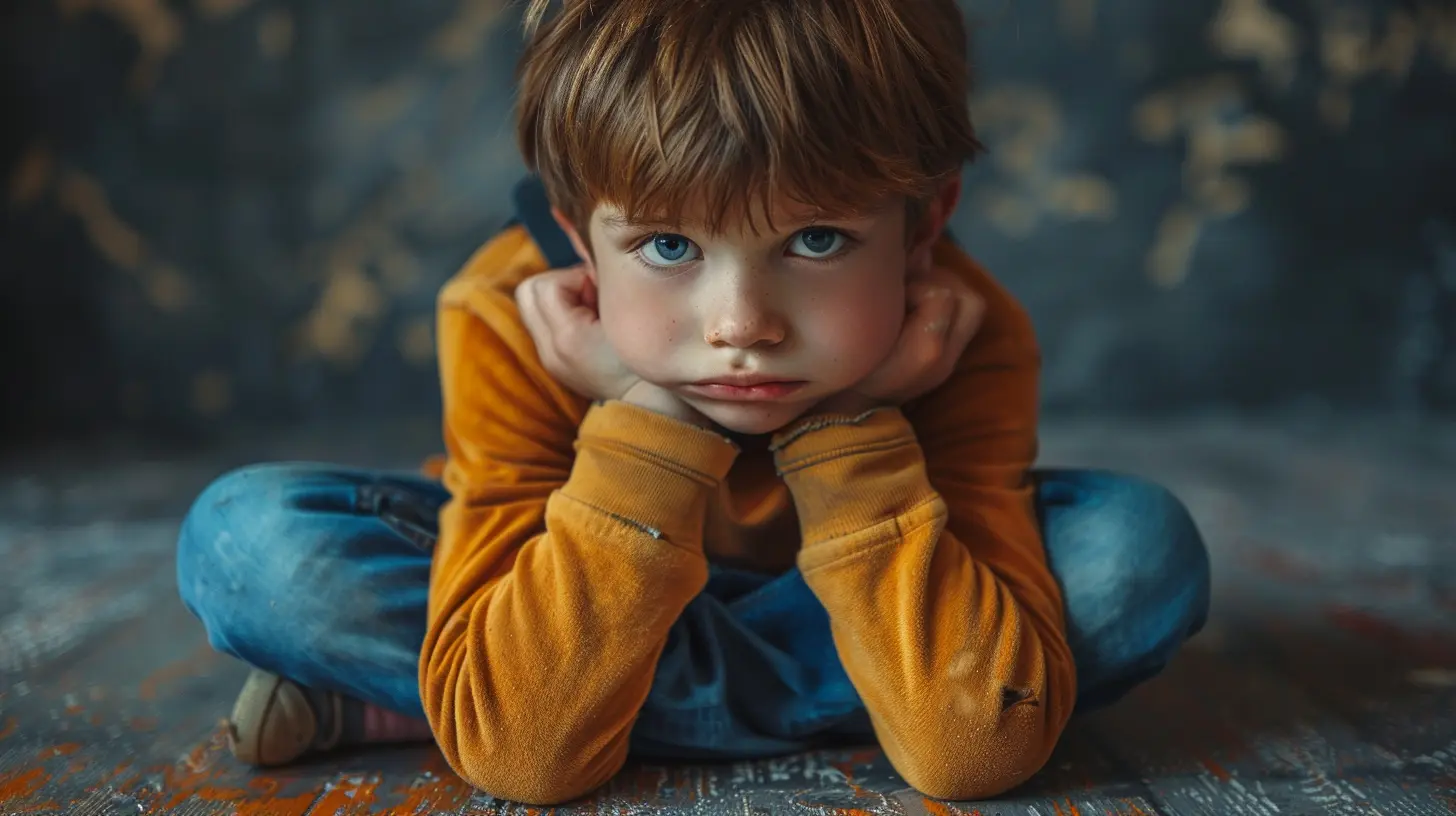
What Is Childhood Trauma?
Before we tackle its effects, let’s break down what childhood trauma actually is. Childhood trauma refers to distressing events that disrupt a child's sense of safety, security, and trust. It can stem from:- Physical, emotional, or sexual abuse
- Neglect or abandonment
- Witnessing domestic violence
- Losing a parent or caregiver
- Living in extreme poverty or unstable environments
- Experiencing bullying or discrimination
For a child, these experiences don’t just create bad memories—they alter the very way their brain develops.

How Childhood Trauma Rewires the Brain
The human brain is like a sponge in childhood, eagerly absorbing the world around it to make sense of life. But trauma forces the brain into survival mode for extended periods. Instead of focusing on learning and growth, the brain prioritizes defense.1. The Overactive Fear System
The amygdala, the brain’s fear center, becomes overly sensitive. Imagine having a smoke alarm that goes off even when you toast bread—it’s always on high alert. This means even minor stressors in adulthood can trigger extreme fear, anxiety, or panic attacks.2. The Weakened Decision-Making Ability
The prefrontal cortex, responsible for rational thinking and impulse control, develops poorly under chronic stress. This can lead to difficulties in decision-making, emotional regulation, and impulse control—factors that often contribute to mental health disorders.3. The Memory Distortion Effect
The hippocampus, which is essential for processing memories, is also affected. Individuals with childhood trauma often struggle with fragmented, distorted, or intrusive memories. This can contribute to PTSD, depression, and dissociation.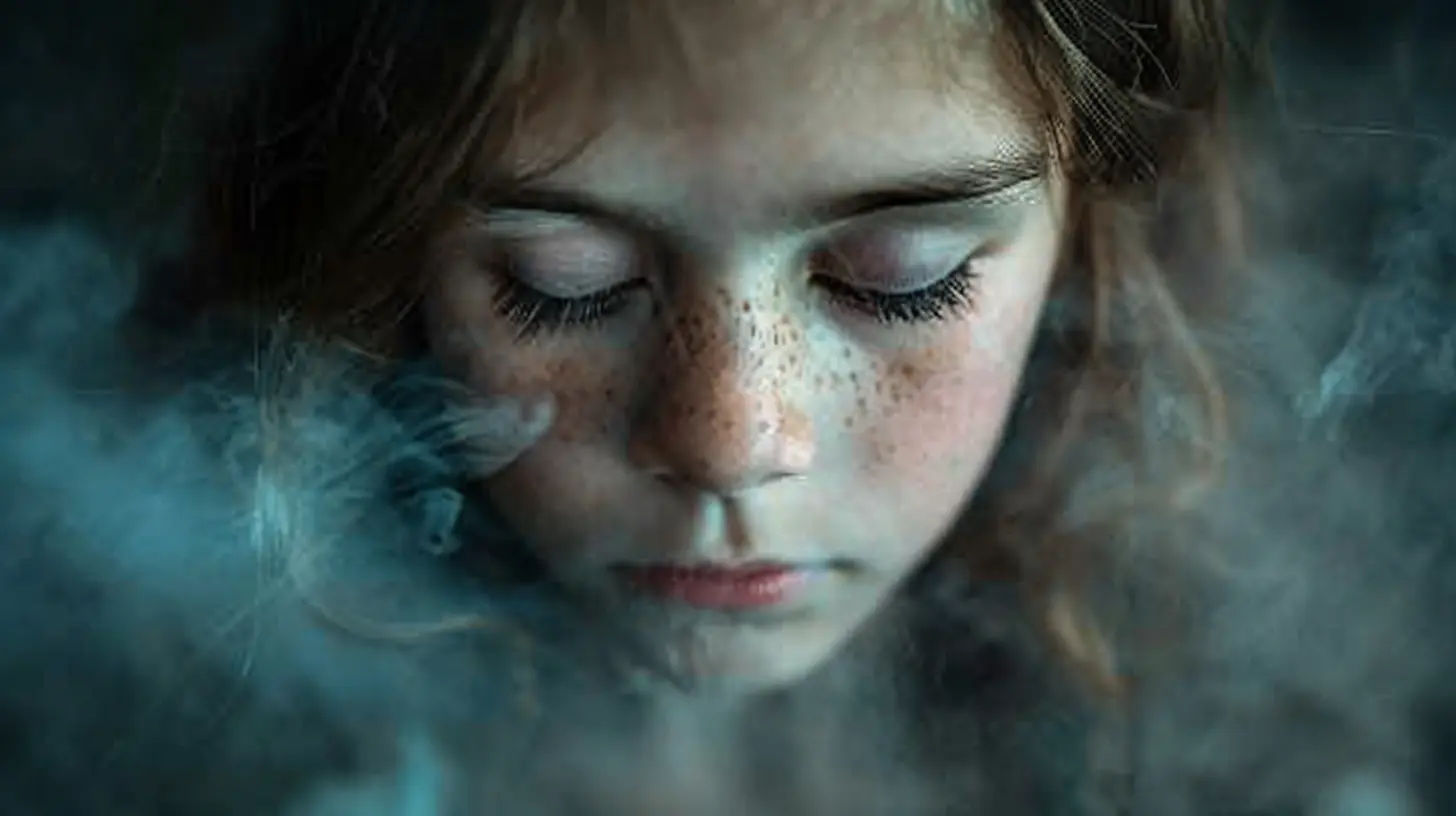
The Emotional and Psychological Effects
Childhood trauma isn’t just about what happened—it’s about what stays. The emotional impact often lasts well into adulthood, shaping relationships, self-worth, and overall mental health.1. Anxiety and Depression
Many adults who experienced trauma as children battle with chronic anxiety and depression. The world feels unsafe, and trust is a foreign concept. Everyday stressors that others handle with ease can feel like life-threatening situations for trauma survivors.2. Self-Esteem Issues and Self-Blame
Children often internalize trauma, believing it was their fault. This can lead to a lifetime of self-doubt, guilt, and diminished self-worth. They might develop perfectionist tendencies to overcompensate or, on the flip side, believe they’re unworthy of success and happiness.3. Toxic Relationship Patterns
Trauma shapes the way we connect with others. Many survivors either:- Become overly dependent in relationships, fearing abandonment.
- Push people away, struggling with trust.
- End up in toxic relationships, mirroring the instability they experienced as kids.
Love becomes a battlefield rather than a safe space.
4. Risk-Taking or Self-Destructive Behavior
Many trauma survivors engage in self-destructive behaviors—substance abuse, reckless decisions, or even self-harm. It's not because they want to ruin their lives but because they're numbing inner pain or seeking control in a chaotic world.5. Difficulty Regulating Emotions
Without a solid emotional foundation, managing anger, sadness, or frustration becomes a battle. Trauma survivors often swing between emotional numbness and overwhelming outbursts, making it hard to maintain stable relationships or careers.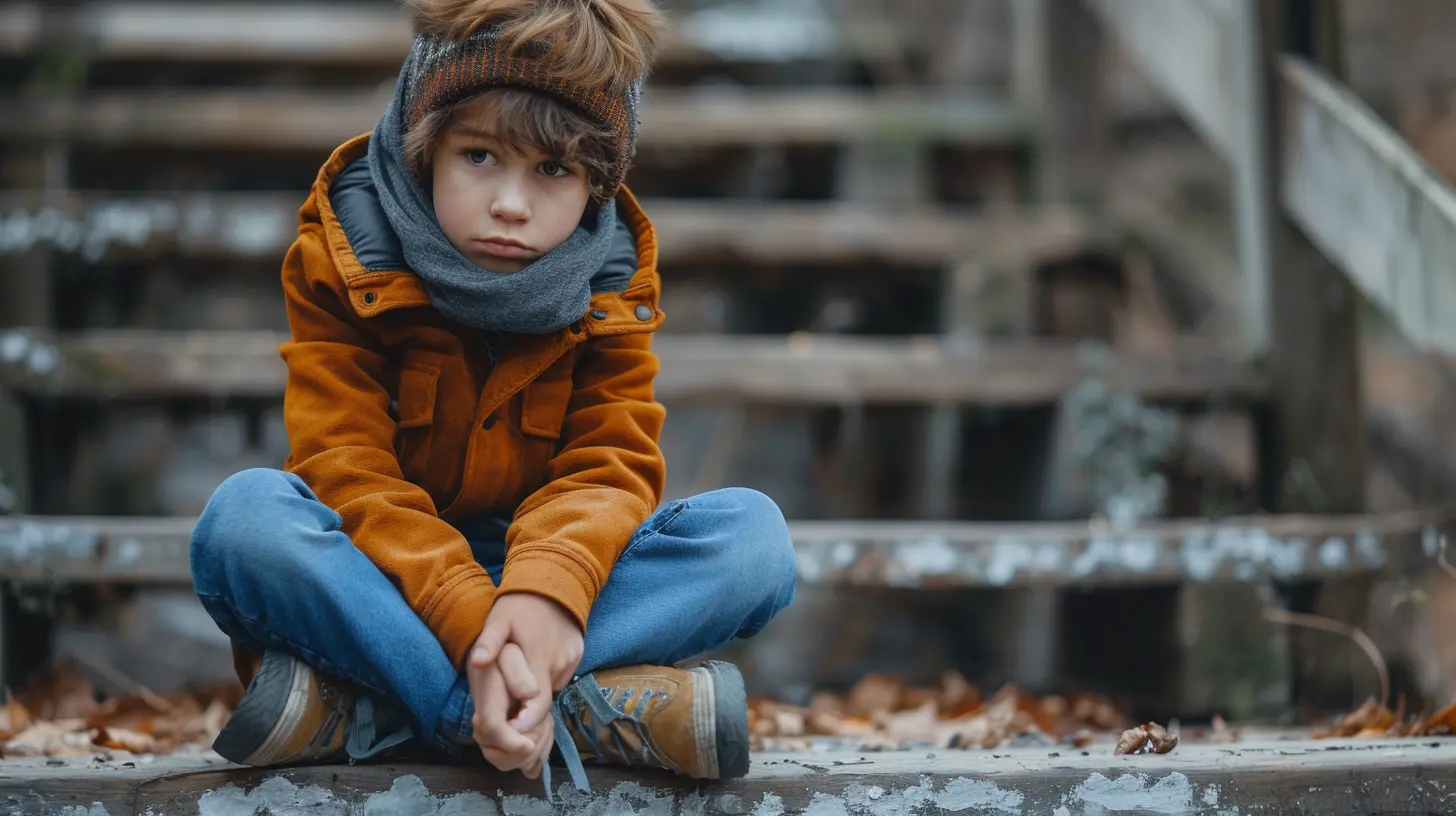
The Link Between Childhood Trauma and Mental Health Disorders
Childhood trauma doesn’t just increase the risk of emotional struggles—it drastically raises the chances of developing mental health disorders like:- Post-Traumatic Stress Disorder (PTSD)
- Borderline Personality Disorder (BPD)
- Depression and suicidal ideation
- Anxiety disorders, including panic attacks
- Addiction and substance abuse disorders
- Dissociative Disorders
The statistics are staggering. Studies show that individuals who endure childhood trauma are three times more likely to develop depression and four times more likely to develop PTSD than those without a traumatic past.
Can Childhood Trauma Be Healed?
Absolutely. Trauma might leave lasting wounds, but healing is 100% possible. It’s not about erasing the past—it’s about learning to live beyond it.1. Therapy: A Lifeline for Trauma Survivors
One of the most powerful tools for trauma healing is therapy—but not just any therapy. Survivors often benefit from:- Cognitive Behavioral Therapy (CBT) – Helps reframe negative thought patterns.
- EMDR (Eye Movement Desensitization and Reprocessing) – Specifically designed to help reprocess trauma.
- Inner Child Therapy – Helps heal childhood wounds by reconnecting with the ‘inner child’ within.
2. Establishing Healthy Boundaries
Many trauma survivors never learned how to set boundaries because they weren’t given the right to say “no.” Learning to assert yourself and recognize toxic patterns is a game-changer in healing.3. Practicing Self-Compassion
Healing starts with being kind to yourself. Understand that your trauma was never your fault. Embrace the idea that you deserve happiness, love, and inner peace—because you do.4. Mindfulness and Meditation
Trauma keeps people trapped in the past. Mindfulness teaches the brain to stay present, reducing anxiety and intrusive memories. Meditation, journaling, and breathing exercises can also help calm the nervous system.5. Building a Support System
Healing isn’t meant to be done alone. Surrounding yourself with people who genuinely care—whether it’s friends, support groups, or mentors—can make all the difference.
Final Thoughts
Childhood trauma isn’t just a dark chapter in the past. It’s something that bleeds into every aspect of adulthood, shaping emotions, decisions, and relationships. But here’s the good news: trauma does not define your future.No matter how deep the scars, healing is always possible. It takes courage, patience, and a lot of self-love—but step by step, you can reclaim your life. Because you are more than your past. You are more than your pain.
all images in this post were generated using AI tools
Category:
Psychological Disorders In ChildAuthor:

Eliana Burton
Discussion
rate this article
4 comments
Owen Klein
Early trauma profoundly affects resilience.
May 21, 2025 at 4:20 PM

Eliana Burton
Absolutely, early trauma can significantly hinder resilience, shaping responses to stress and adversity throughout life.
Imani Abbott
Childhood trauma can cast long shadows on mental health, but understanding its impact empowers healing. By addressing these wounds with compassion and resilience, we can break the cycle, transform pain into strength, and foster a future where mental wellness is not just a goal but a vibrant reality for all.
May 20, 2025 at 2:49 PM

Eliana Burton
Thank you for your insightful comment! I completely agree that understanding and addressing childhood trauma is essential for fostering resilience and promoting mental wellness. Together, we can create a brighter future.
Elowen Griffin
Childhood trauma profoundly shapes mental health, often leading to long-term challenges that require understanding and support.
May 17, 2025 at 3:50 AM

Eliana Burton
Absolutely, childhood trauma has lasting effects on mental health, highlighting the need for empathy and tailored support for those affected.
Solaria Love
This article effectively highlights the profound long-term effects of childhood trauma on mental health, emphasizing the need for early intervention and support. It encourages a deeper understanding of trauma's complexity, urging mental health professionals to consider individual narratives in therapeutic practices.
May 16, 2025 at 4:41 PM

Eliana Burton
Thank you for your thoughtful comment! I'm glad you found the article's insights on the importance of early intervention and the complexity of trauma valuable.

